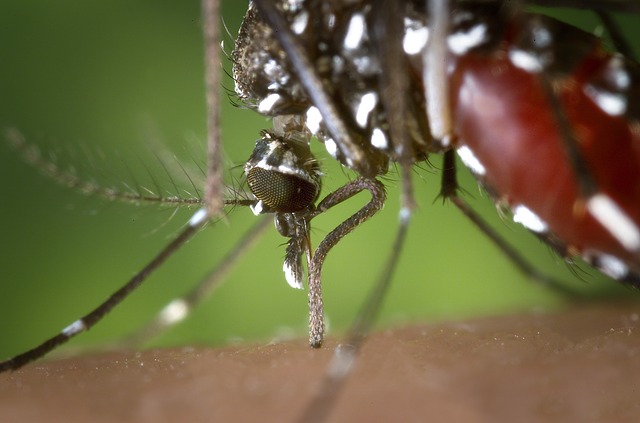As one author writes in The Island:

Sri Lanka is in the grip of a severe epidemic of Dengue fever and Dengue hemorrhagic fever. The epidemic did not happen over a short period. Dengue has been in Sri Lanka since 1962. However, it was not a major public health problem. The disease was progressing at a very slow rate. Since about 2004, the numbers of cases have started going up and dramatically since about 2008.
During the first three months of 2017, Sri Lankan health officials reported 30,486 dengue fever cases. This compares to 13,849 during the same period in 2016. That is a 2.2 times increase year to year.
More than 6900 cases were reported in the Colombo area alone.
In all of 2016, 55,150 dengue fever cases were reported and only 29,777 in 2015.
Concerning prevention of dengue, while a number of countries have approved the use of the vaccine, Dengvaxia, the Sri Lanka Ministry of Health is carrying out investigations on the vaccine to determine if it is suitable to use in the country.
In the past 50 years, the incidence of dengue worldwide has increased 30-fold, largely as a consequence of the growth of cities and increased travel.
Dengue fever is an infectious disease carried by mosquitoes and caused by any of four related dengue viruses. This disease used to be called “break-bone fever” because it sometimes causes severe joint and muscle pain that feels like bones are breaking.
People get the dengue virus from the bite of an infected Aedes mosquito. It is not contagious from person to person. For more infectious disease news and information, visit and “like” the Infectious Disease News Facebook page
There are three types of dengue fever in order of less severe to most: the typical uncomplicated dengue fever, dengue hemorrhagic fever (DHS) and dengue shock syndrome (DSS).
The World Health Organization (WHO) estimates there may be 50–100 million dengue infections worldwide every year. However, new research from the University of Oxford and the Wellcome Trust, using cartographic approaches, estimate there to be 390 million dengue infections per year worldwide.
Related:
- Measles outbreak grows in Twin Cities area
- Dr. Peter Hotez on World Chagas Day 2017
- H7N9 avian influenza in China: 14 additional human cases
- Lice and their bacterial sidekicks have evolved together to parasitize mammals
- Bats: White-nose syndrome, Fresh Express recall and general bat info

